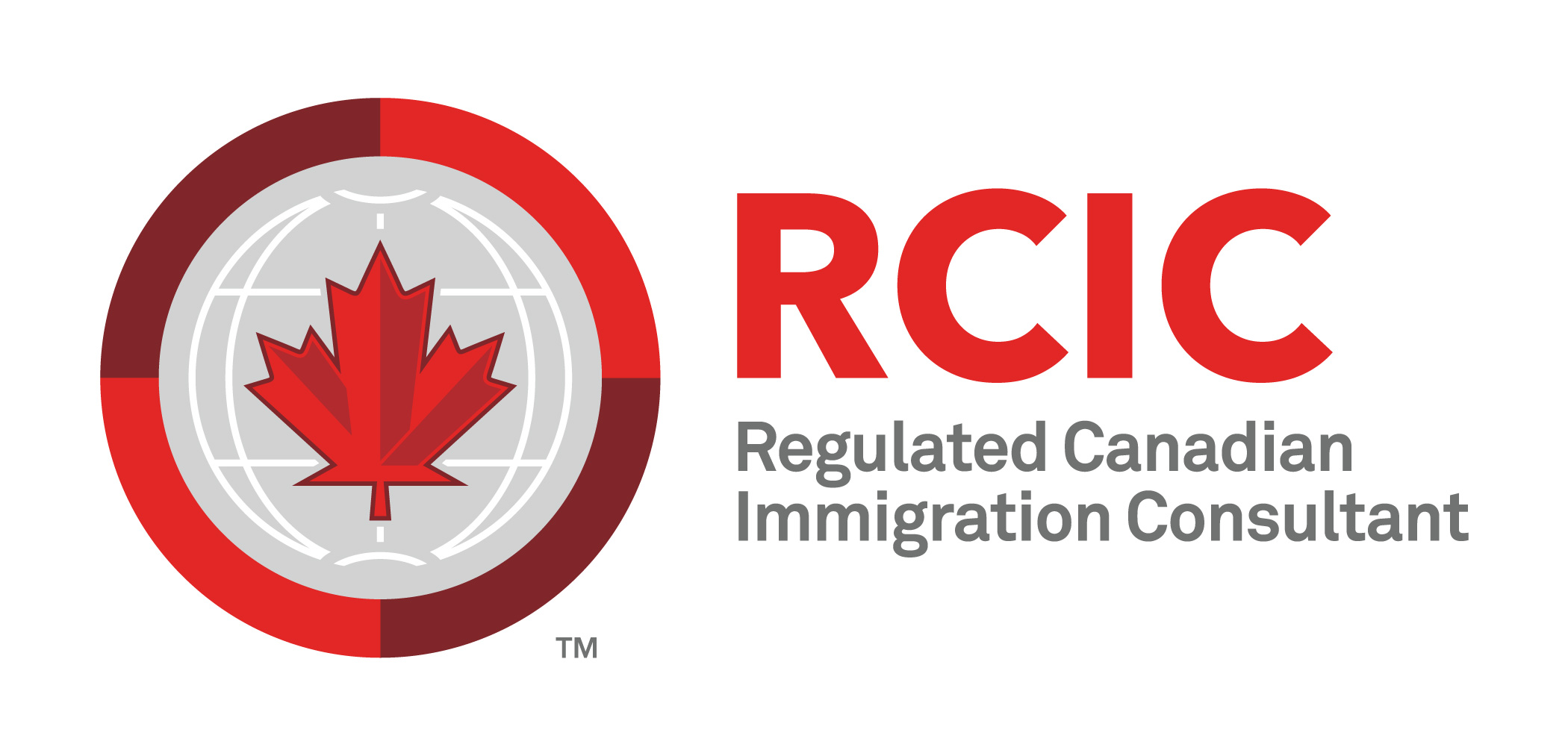The goal of the family class immigration program is to reconnect close relatives of Canadian citizens and permanent residents. By agreeing to help sponsored members of the family class, the sponsor guarantees that they will meet the basic needs of their family members for a set period, allowing them to avoid relying on social assistance.
Basic needs are:
- food, clothing, shelter and other needs for everyday living,
- dental care, eye care and other health needs that are not covered by public health services.
Sponsorship is two-step process of:
- Assessing the Sponsor
- Assessing an application for permanent residence (For the family member)
You can become a sponsor if you are:
- at least 18 years old
- a Canadian citizen, a person registered in Canada as an Indian under the Canadian Indian Actor a permanent resident,
- living in Canada:
- if you’re a Canadian citizen living outside Canada, you must show that you plan to live in Canada when your sponsored relative becomes a permanent resident.
- You cannot sponsor someone if you are a permanent resident living outside of Canada.
- Be able to prove that you are not receiving social assistance for reasons other than a disability.
Sponsorship of Spouse/partner outside Canada
Who can you sponsor as partner?
- Your spouse
- Your common-law partner
- Your conjugal partner
If you are not legally married and you want to check your qualification under common-law partner or conjugal partner, please fill out our free assessment or book a consultation session with us.
As a sponsor you must also be able to show that you can provide basic needs for:
- yourself,
- your spouse or partner,
- your spouse or partner’s dependent child(ren) (if applicable)
- your dependent child(ren) (if you are sponsoring only your dependent child).
Once it is confirmed that the sponsor is eligible and meets all the conditions, the family member’s application for permanent residency will be processed by:
- confirming the applicant’s and accompanying and non-accompanying dependents’ identities.
- confirming the sponsor’s, applicant’s, and dependents’ actual relationships.
- evaluating the principal applicant’s and any dependents’ eligibility for permanent residency, ensuring that:
- there are no grounds for inadmissibility owing to criminality, security, or medical difficulties.
- All regulatory and program requirements for the family class program are met.
Sponsorship of Spouse or common-law inside Canada
Members of the spouse or common-law partner in Canada class must meet all the following requirement:
- be the spouse or common-law partner of sponsor, and live in Canada with sponsor
- have valid temporary resident status in Canada
- be the subject of a sponsorship application
Applicants in this category may be granted an open work permit if they meet all the following criteria:
- a permanent resident application has been filed under the Spouse or Common-law Partner in Canada category.
- the applicant lives at the same address as the sponsor.
- the applicant has valid temporary residence status (as a visitor, student, or worker); and
- the applicant’s spouse is a Canadian citizen or permanent resident.
Parent and Grand Parent Sponsorship
This program is one of the most popular among permanent residents in Canada who want to bring their parents or grandparents to live with them. This program is divided into three sections:
- Interest to sponsor form: When the interest to sponsor form is accessible on the IRCC website, potential sponsors who want to sponsor their parents or grandparents will fill it out. The expression of interest to sponsor form is not a formal sponsorship application.
- Rounds of invitations: IRCC will choose potential sponsors at random from the pool of interest forms submitted and encourage them to submit a sponsorship application. Please be aware that IRCC manages the intake of applications for the PGP Programs using a randomized selection intake process. You may or may not be chosen to submit your sponsorship application even if you have filled out the interest form.
- Invitations to apply: Those who have been invited have 60 days from the date of their invitation to submit their sponsorship and permanent residence applications. It is not possible to transfer the invitation to apply to other potential sponsors or applicants. Through the Permanent Residence Portal, both the sponsorship and permanent residence applications must be submitted together.
Priority of processing
The IRCC will continue to handle applications for parents and grandparents on a first-come, first-served basis. This means that when the program reopens, new applications in this category will be placed behind applicants in the existing inventory of sponsorship applications for parents and grandparents.
Dependent Child
To be sponsored, a child must be in one of the following situations:
- under the age of 22 and not married or in a common-law relationship
- 22 years of age or older, have depended substantially on the financial support of the parent since before the age of 22 and be unable to support themselves financially due to a physical or mental condition. (Financial dependency must have existed prior to the age of 22. It is not necessary for the physical or mental condition to have existed before the age of 22.)
Dependent children without a physical or mental condition must stay unmarried and not in a common-law relationship throughout the processing of their application and until they become permanent residents.
Accompanying dependent children of applicants under the spouse or common-law partner in Canada class
Children indicated on the application who are applying for permanent residence and either live in Canada or live outside Canada but will join the applicant if permanent resident status is granted are considered accompanying dependent children for the purposes of in-Canada processing.
Relative
Only certain relatives, such as a brother, sister, aunt, or uncle, can be sponsored.
Orphaned sibling, niece, nephew, or grandchild
Only if an orphaned sibling, sister, nephew, niece, or grandchild meets all of the following criteria can you support them:
- they’re blood or adoption connected to you
- both their mother and father have died
- they’re under the age of 18
- they’re single (not married or in a common-law or conjugal relationship)
You can’t sponsor your brother, sister, nephew, niece, or grandchild if:
- one of their parents is still alive.
- no one knows where their parents are.
- their parents abandoned them.
- someone other than their parents are caring for them while one or both of their parents are alive.
- one or both of their parents are in jail or otherwise detained.
Other relative – Lonely Canadian
If you meet all of the following criteria, you may sponsor one blood or adopted relative of any age:
- you (the person who wants to sponsor your relative) don’t have a living relative you could sponsor instead, such as a:
- spouse
- common-law partner
- conjugal partner
- son or daughter
- parent
- grandparent
- orphaned brother or sister
- orphaned nephew or niece
- orphaned grandchild
- you (the potential sponsor) don’t have any relatives (aunt or uncle or any of the relatives listed above), who is a:
- Canadian citizen
- permanent resident
- registered Indian under the Indian Act
If the relative you want to sponsor has a spouse, partner, or children under the age of 18, you must include them on the same sponsorship application.










